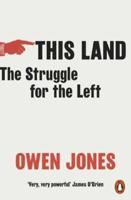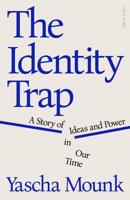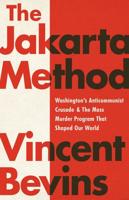Publisher's Synopsis
In Freedom as Motion, Leslie Dale Feldman explores the American concepts of freedom, individualism, and liberal culture and how they are closely tied to Thomas Hobbes' notion of free movement. In chapter XXI of Leviathan, Hobbes describes freedom as 'the absence of opposition' to motion. This idea of freedom as motion has flourished in America where the emphasis on individualism is greatest. Feldman explores the evolution of this concept through Western and American history, and also the theoretical connection that exists in reality at the level of simple daily life. Hobbes' theory of freedom as motion becomes the central metaphor of liberalism and forms the basis for the American conception of freedom today. This book will prove thought-provoking to students of Western and American Political Theory, as well as students of American History and Culture.









